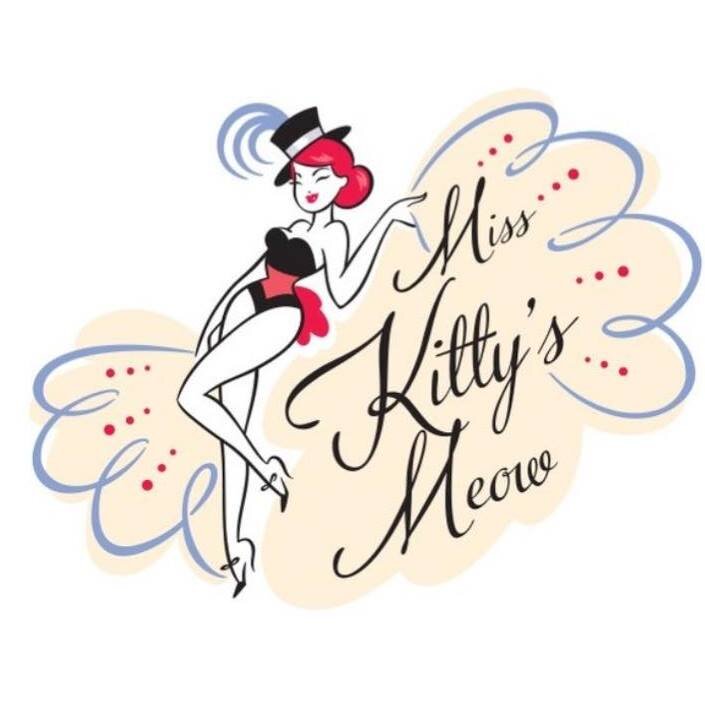How do I write a good bio and CV?
Writing an artist biography, introduction and CV is always something I struggle heaps with.
Oddly, I have worked for about ten years in communications and advocacy - so writing concisely and with a key call to action is something I can seem to do for other people and organisations. But just not myself.
This is a skill I’m definitely trying to improve at the moment, given that I’m not performing and teaching as frequently.
My aim is to really spend some of this time doing the administrative side of my job - getting my content scheduled for the year; building my class resources and making sure I have updated marketing collateral.
But the one I’ve been putting of is definitely updating my CV and biography. I don’t know why it’s my most hated thing ever but it’s definitely been the most procrastinated task on my to do list.
If this is one of your ‘enemy’ tasks too, I thought I’d share some good tips and articles that I’ve come across in the past few weeks. Enjoy and tell me how you go!
Writing an appealing artist biography
I found this article really helpful about remembering your audience. I found for me in my work that it meant I might have a few versions on what I share about myself - one for a broader audience, one for producers in burlesque and one for my corporate clients. Check it out here.
And although this article from Format was primarily focused on visual artists, I did find thinking about brand and image of my biography a really helpful hint.
Common mistakes
Sometimes it’s easier to think about ‘what not to do’ when you are writing. From that point of view, Artsy shared their tips on where artists go wrong. It’s worth a read because I think we are all guilty of 90% of these mistakes!
Writing a CV vs a biography
Having both these resources I find really helpful for applying to shows or working with corporate clients (other clients too - but definitely for larger opportunities or organisations).
Having a biography that describes your style and aesthetic and that is short and snappy is really helpful. But having a CV of your key achievements and performance history is also really helpful. Arts Business has some hints that I found helpful about clearly setting these apart. My top tip is getting that CV onto a page or two pages (max!). In my experience, clients really just want to focus on some key things in your career - maybe venues, festivals or clients you have experience working with. They probably don’t need a timeline of every event you’ve performed at.
What if I have no experience?
Building your artist CV and biography or a statement is still a really important part of being a working professional performer - no matter where you are in your career. It doesn’t apply to me necessarily, but I know many emerging performers and students will be asking how they can develop this if they don’t have much experience.
Of course this will be more brief as you start out your career - but you can still include many important things like a description about you and your style; your key contact information and resources. Take some good ideas here! Resume Now also have some great Performing Arts Resume Templates that are totally free to download - and some hints on what you can include even in the early stages.
Make sure you read my blog post about looking professional as an emerging performer. Those simple things like having a proper email address, web or social media page are critical.
Did this help? I can’t say these are tasks I find super thrilling, but I know in the long run it helps me work with clients better. And it saves me doing those last minute ‘rush’ jobs!
Let me know if you have found a great template that you would be willing to share. Or did someone give you great advice when you were building up your CV?
